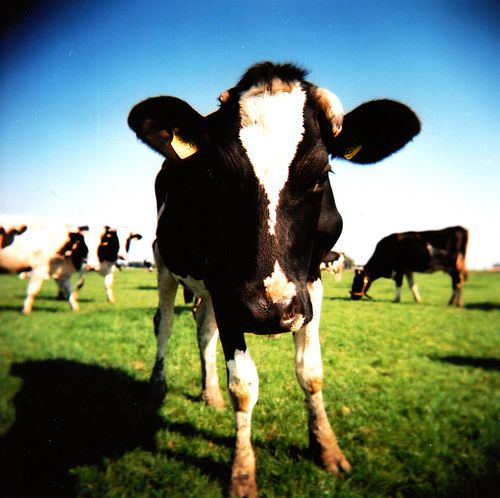
As you’ve heard before, organic matter is the main component necessary in order to build a compost pile. Organic matter is quite simply “any material that originates from living organisms, including all animal and plant life whether still living or in any stage of decomposition.” But should all types of organic matter be tossed into your compost pile? Certainly not.
Diseased Plant Material
For example, if you have plants that have been snuffed out by disease, leave them out; they belong in the garbage can, not in your compost pile (which will eventually end up back in your garden and wreak havoc on the next generation of plants). Coal ashes are toxic to plants — period. They carry high levels of sulfur, plus heavy metals like arsenic and iron. Don’t even consider adding it to your pile.
Meat-Eating Animal Manures
Carnivorous animal manure best kept out of your soil amendments, including compost. Meat-eating animals are notorious for carrying pathogens and parasites which are harmful to humans. Pathogens are usually associated with manure from carnivorous animals like dogs and cats, as opposed to the herbaceous types such as horses and rabbits.
Although it’s much less likely that you’ll have pathogen trouble with the grass-eaters, it’s still a possibility. To be safe, it’s best to compost them before adding them to your garden beds. Personally, I wouldn’t want my fabulous, earthy compost to smell like dog and cat poo anyway.
Pesticides and Insecticides
Pesticides and insecticides have no place in your pile, either. As a plant killer, they literally defeat the purpose of your organic compost creation. Any plant materials that have been sprayed with these chemicals should be disposed of elsewhere (like the garbage can).
But what about pesticides? Well, pesticides are toxic to all kinds of living things (the good guys included), which will threaten the macro-and microorganisms that are desirable in a compost pile. Let’s not kill the good guys, okay?
Dairy Products and Meat
Critters that you’d rather not have around are extremely attracted to dairy products such as milk, cheese, and meat. These foods also become seriously smelly before they completely break down. For the same reasons that you wouldn’t add dairy and meat products, grease and fat should be disposed of instead of added to your compost.
The last thing I want to consider is garden soil. Don’t get me wrong, it’s not harmful to add it to the compost pile. But then, it doesn’t actually help, either. For some reason, people feel that they have to add it in “for good measure”, but I assure you it isn’t necessary. I suspect that people want the piled up materials to look like the final product immediately. Never fear, it’ll become rich, crumbly compost with or without the addition.
That said, the best way to start a compost pile is on bare soil, as all of the micro- and macro decomposers will be drawn naturally to your organic materials (this is what you want). Also, adding some of the leftover soil from the previous batch of compost (or built the pile in the same spot as the last batch), it’ll help inoculate it with some potent micronutrients and bacteria and get your new pile all revved up.


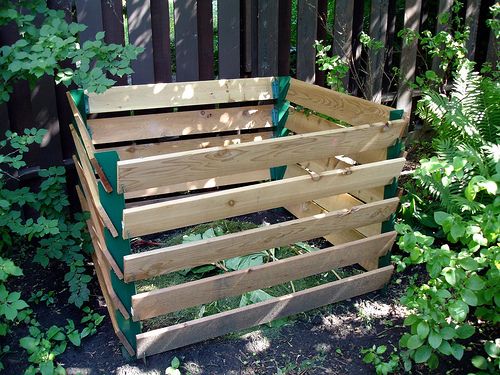
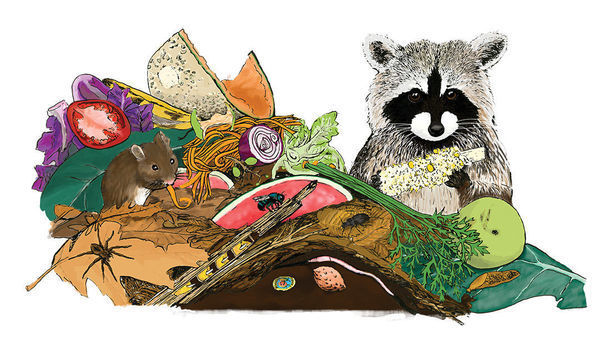



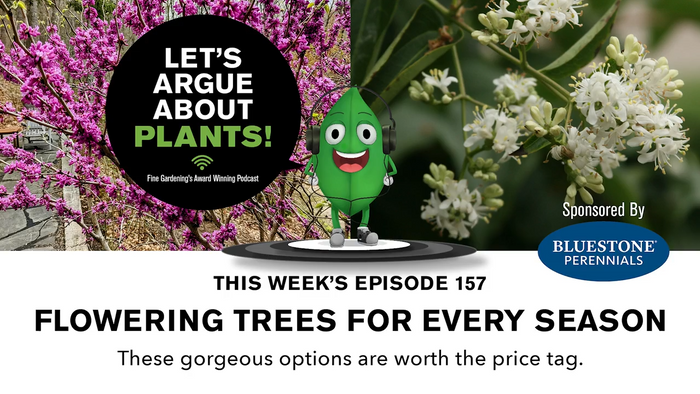
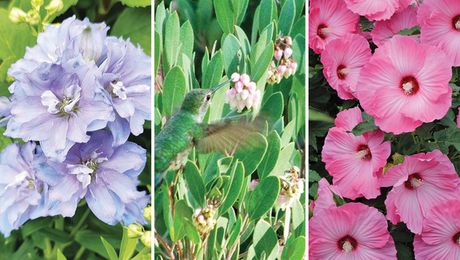


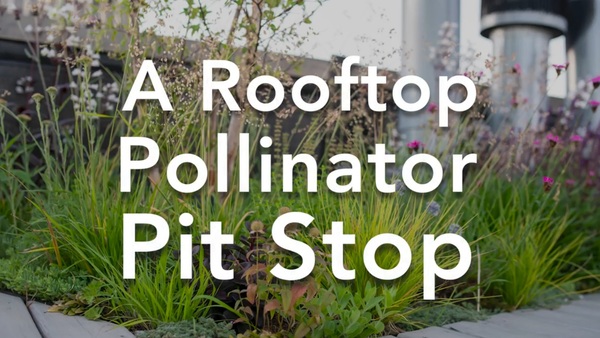
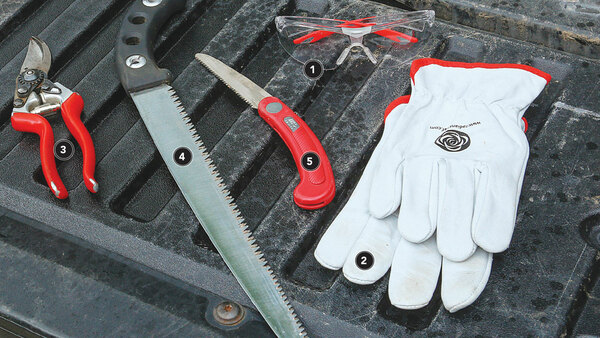
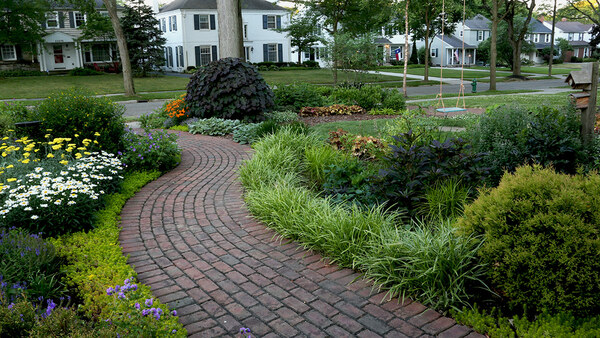
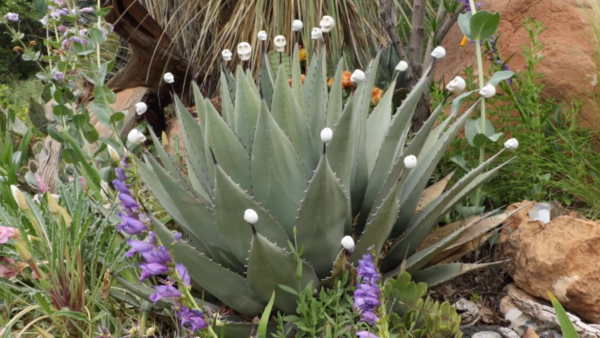



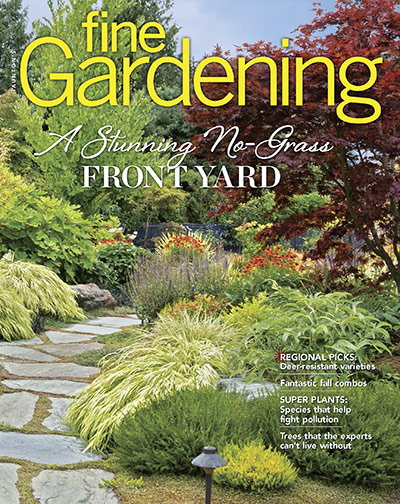
Comments
Log in or create an account to post a comment.
Sign up Log in